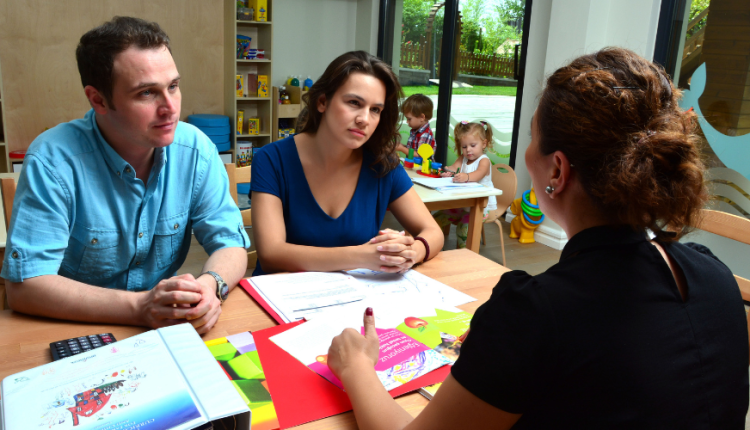10 Types of Parents That Teachers Find Challenging

While teaching is a fulfilling profession, certain types of parents can make the job more challenging for teachers.
These parents, though often well-meaning, may create unnecessary stress or hinder the learning environment for both their child and others. Here are ten types of parents that teachers might struggle with:
1. The Helicopter Parent: This type of parent hovers over every aspect of their child’s education, often micro-managing and intervening in situations that don’t require their involvement. This can limit the child’s independence and burden the teacher with constant demands.
2. The Blamer: Parents who are quick to blame teachers for any issues their child faces whether academic struggles, behavioral problems, or interpersonal conflicts can create an adversarial relationship. These parents often refuse to see their own child’s shortcomings.
3. The Over-Achiever Parent: Some parents push their children too hard to excel, placing enormous pressure on teachers to meet unrealistic expectations. These parents may demand constant updates and perfect performance from both their child and the teacher.
4. The Dismissive Parent: These parents show little interest in their child’s progress or well-being. They might not attend parent-teacher meetings or respond to communications, leaving teachers feeling unsupported and disconnected.
5. The Overly Critical Parent: Constantly pointing out flaws, even minor ones, these parents often make teachers feel like they’re never doing enough. Their criticism can erode the teacher’s confidence and create a negative atmosphere.
6. The Know-It-All Parent: Some parents believe they know more than the teacher, often offering unsolicited advice or trying to dictate teaching methods. This can lead to frustration for teachers who feel their professional expertise is being undermined.
7. The Entitled Parent: These parents expect special treatment for their child and may demand exceptions to school rules or procedures. They often act as though their child is above the standard set for others, which can create tension with teachers and the school community.
8. The Passive Parent: These parents don’t engage in their child’s education at all. They may not communicate with the teacher, attend meetings, or participate in school events, leaving teachers feeling like they’re working in isolation.
9. The Drama Parent: Known for creating unnecessary conflict, these parents may escalate minor issues into major problems. They thrive on drama and often involve the teacher in personal disputes or exaggerated concerns.
10. The “My Child Can Do No Wrong” Parent: These parents refuse to acknowledge their child’s misbehavior or shortcomings, insisting their child is always in the right. This can make it difficult for teachers to address behavioral issues effectively.
While every parent brings something unique to the table, these types can make teaching more difficult by complicating communication, adding unnecessary stress, and distracting from the primary focus: the student’s education. Maintaining a constructive, open relationship with all parents is key to fostering a positive learning environment for everyone
